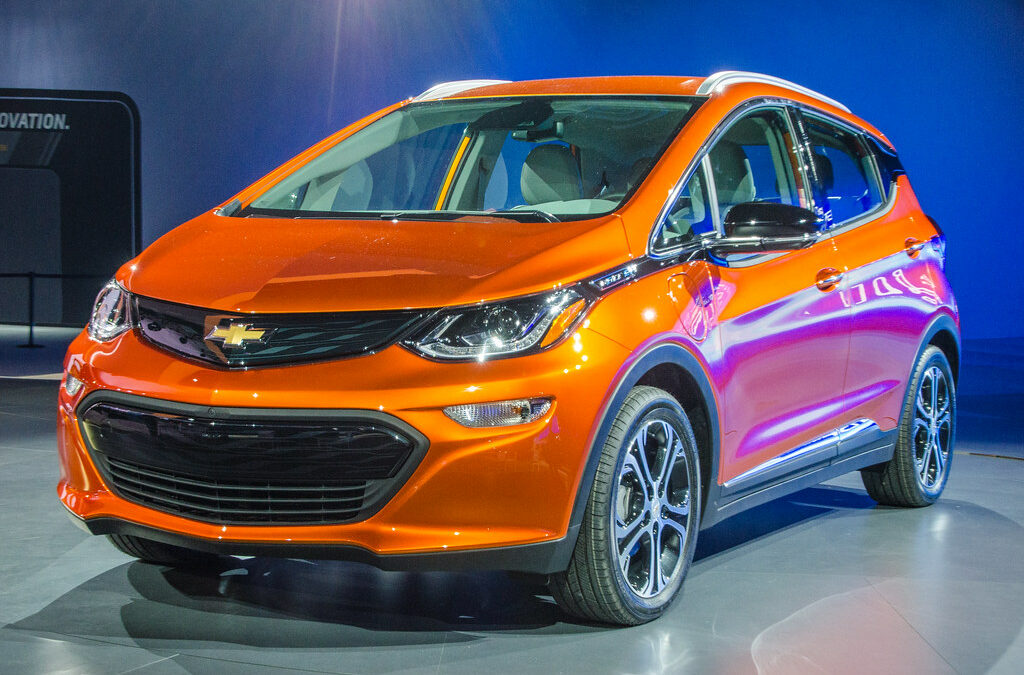Automakers are discovering that electric vehicles are not as popular with consumers as the media frequently portrays. According to the Wall Street Journal:
The Biden administration has made EVs a centerpiece of its industrial policy, and the United Auto Workers union is on strike at the Detroit car companies, in part because it is worried about future job security as engine and transmission plants disappear.
Still, many consumers are reluctant to make the switch, deterred by high sticker prices and the inconvenience of driving a vehicle that has a limited range and needs regular recharging.
“I just wasn’t ready to get an electric yet, because of range anxiety,” said Robert DuWors, who was recently in the market and had considered a battery-powered car. He instead bought a plug-in hybrid, noting that it gets 40 to 50 miles on a single battery charge, more than he drives in an average day.
“When I use that up, then it is a hybrid,” said the 64-year-old resident of Rancho Mirage, Calif.
The share of the retail market held by EVs has leveled out at around 9% for the past several months, according to data analytics firm J.D. Power, raising broader questions about whether the industry is confronting a short-term blip or a more protracted challenge.
Paul Chesser, director of the Corporate Integrity Project, criticized General Motors for its EV fantasies at the 2023 annual shareholder meeting, pointing out EVs do little for the climate and increase reliance on China for rare earth elements.
Japanese car makers have been far more realistic with their expectations for EVs, per the WSJ:
Toyota Motor Chairman Akio Toyoda, when asked about electric-vehicle challenges including a recent lull in U.S. demand, said the industry was coming to recognize that there isn’t a single answer to reducing carbon emissions.
“People are finally seeing reality,” Toyoda said Wednesday, speaking in his capacity as the head of the Japan Automobile Manufacturers Association.
Toyoda, who stepped down this year as Toyota chief executive after nearly 14 years on the job, has long said the auto industry should hedge its bets by continuing to invest in hybrid gasoline-electric cars and other options beyond just electric vehicles.
As EV sales momentum lags behind in the U.S. and more buyers gravitate to hybrids, he may be enjoying an “I told you so” moment.
(Pictured above: Chevy Bolt)









